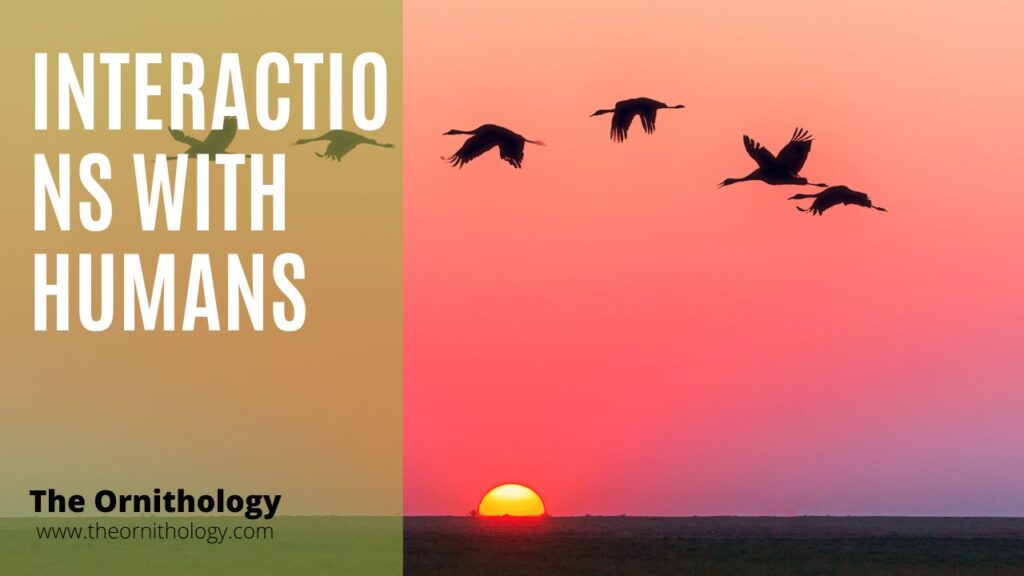Birds in Mythology and Culture

Birds have played significant roles in human cultures, mythologies, and symbolism across the world:
- Symbolism: Birds often symbolize freedom, spirituality, and transcendence. In various cultures, they are associated with specific virtues, deities, or qualities.
- Mythological Creatures: Many mythologies feature birds as mythical creatures, like the phoenix representing rebirth and renewal in ancient Egyptian and Greek myths.
- Omens and Messages: Throughout history, people have believed that the behavior and appearance of birds can foretell omens or convey messages from the divine.
Birds as Pets and Companions
Birds have been kept as pets and companions for centuries, offering both joy and responsibility:
- Domesticated Birds: Birds like canaries, parrots, and finches have been bred in captivity for their aesthetic beauty and melodious songs.
- Companion Parrots: Parrots are popular companion animals due to their intelligence and ability to mimic human speech. However, they require specialized care and attention.
Conservation Efforts and Threats to Avian Populations
Human activities have both positive and negative impacts on avian populations:
- Conservation Efforts: Many organizations work to protect and conserve bird species and their habitats. Efforts include creating protected areas, conducting research, and raising awareness.
- Habitat Loss: Urbanization, deforestation, and agricultural expansion lead to habitat loss, threatening the survival of many bird species.
- Climate Change: Changing weather patterns, altered migration routes, and shifting food availability due to climate change impact bird populations.
- Hunting and Trade: Illegal hunting and the pet trade pose threats to various bird species, particularly those with attractive plumage or unique characteristics.
- Pollution and Contamination: Pollution, including pesticides and plastic waste, can affect bird health and ecosystems.
Interactions with birds have shaped human culture and have implications for conservation. Recognizing the cultural and ecological significance of birds can lead to more responsible actions toward their protection and well-being.
Frequently Asked Questions (FAQ) – Interactions with Birds
How have birds influenced human culture and mythology?
Birds have played important roles in human cultures and mythologies, symbolizing freedom, spirituality, and various virtues. They’ve been featured in myths, stories, and artworks across different societies.
What is the significance of birds as mythical creatures?
Birds like the phoenix, associated with rebirth, and the thunderbird, a powerful figure in Native American cultures, hold mythical roles representing transformation, strength, and divine messages.
Can birds foretell omens or messages in different cultures?
Yes, in many cultures, bird behavior and appearance have been interpreted as omens or messages from the divine. Certain bird sightings were believed to predict future events or convey warnings.
Why are parrots popular as companion pets?
Parrots are popular companion pets due to their intelligence, colorful plumage, and ability to mimic human speech. However, they require proper care, social interaction, and mental stimulation.
How do conservation efforts help protect bird species?
Conservation efforts involve creating protected areas, conducting research, implementing sustainable practices, and raising awareness about the importance of preserving bird species and their habitats.
How does habitat loss affect bird populations?
Habitat loss due to factors like urbanization, deforestation, and agriculture can lead to a decline in bird populations. Birds lose their homes and access to food, resulting in decreased breeding success and survival rates.
What role does climate change play in avian conservation?
Climate change affects bird populations by altering migration patterns, changing food availability, and impacting nesting and breeding times. It’s crucial to address these changes for the well-being of bird species.
Why are some bird species hunted or traded illegally?
Some bird species are hunted or traded illegally due to their attractive plumage, unique features, or cultural demand. This illegal activity threatens their populations and biodiversity.
How does pollution affect birds and their habitats?
Pollution, such as pesticides and plastic waste, can harm bird health and ecosystems. Contaminated water sources, food, and nesting materials negatively impact their survival and reproductive success.
How can individuals contribute to avian conservation?
Individuals can contribute by supporting conservation organizations, advocating for protected areas, reducing plastic consumption, providing bird-friendly habitats, and promoting responsible pet ownership.
